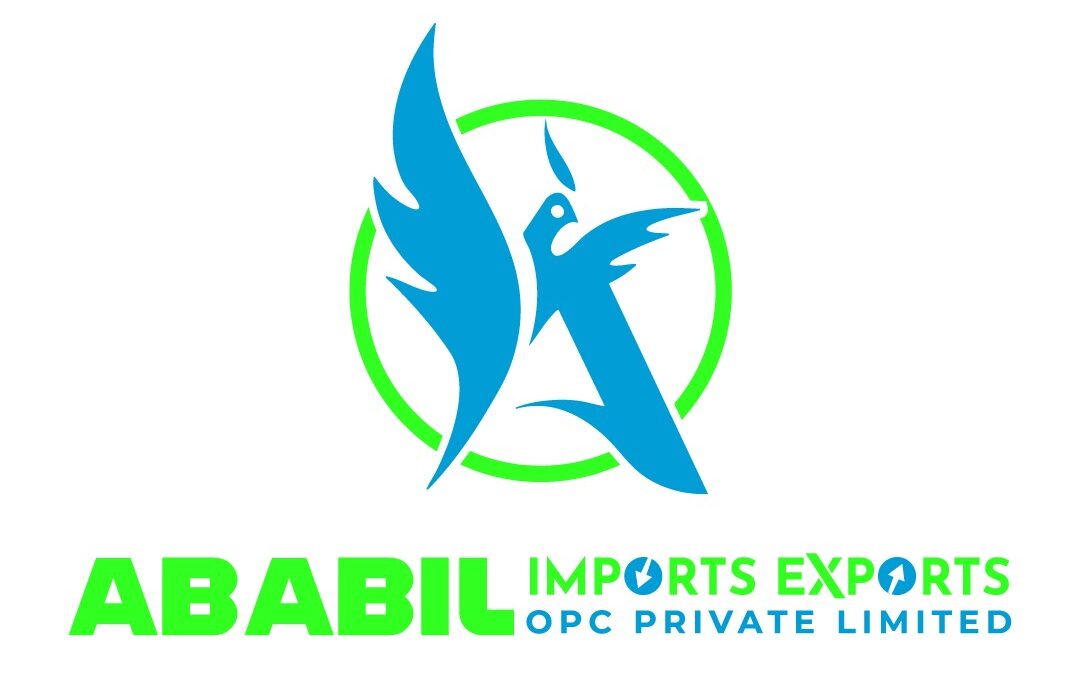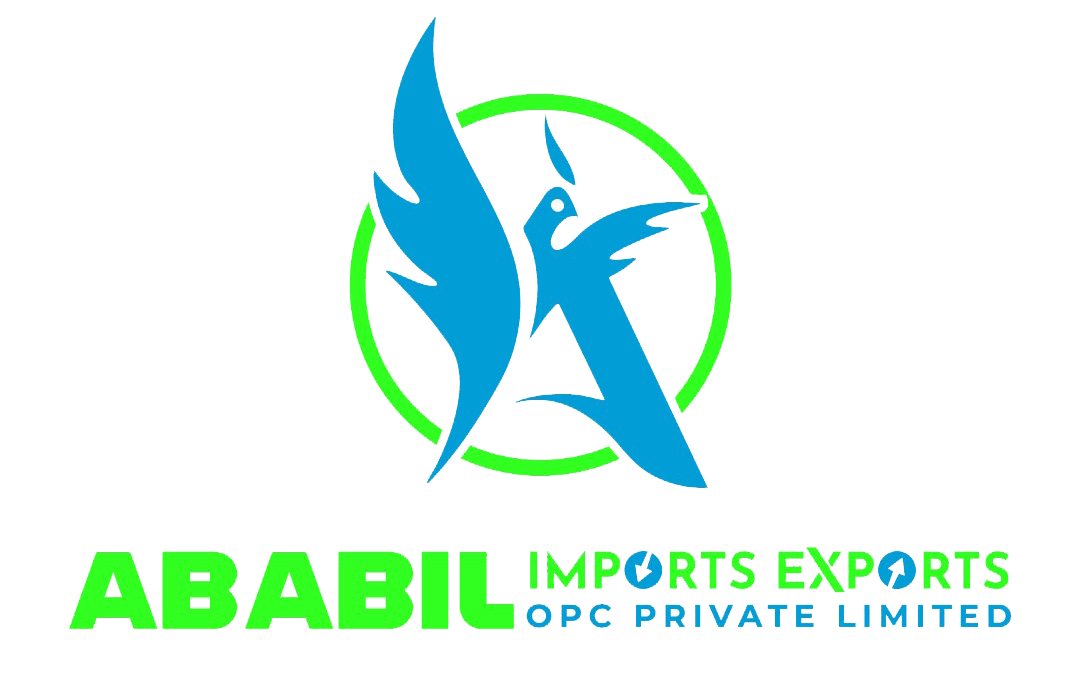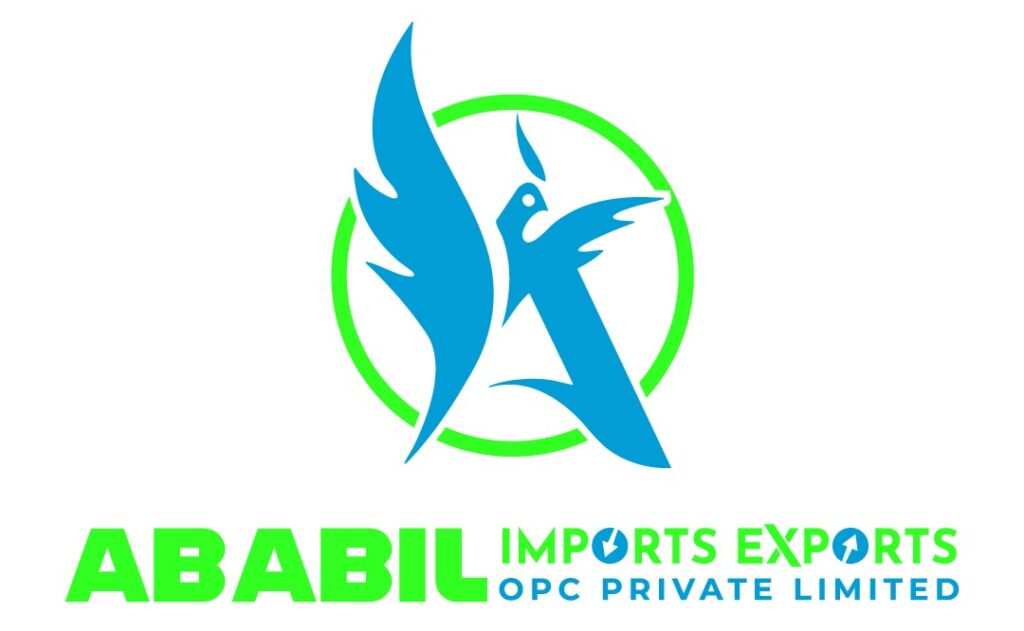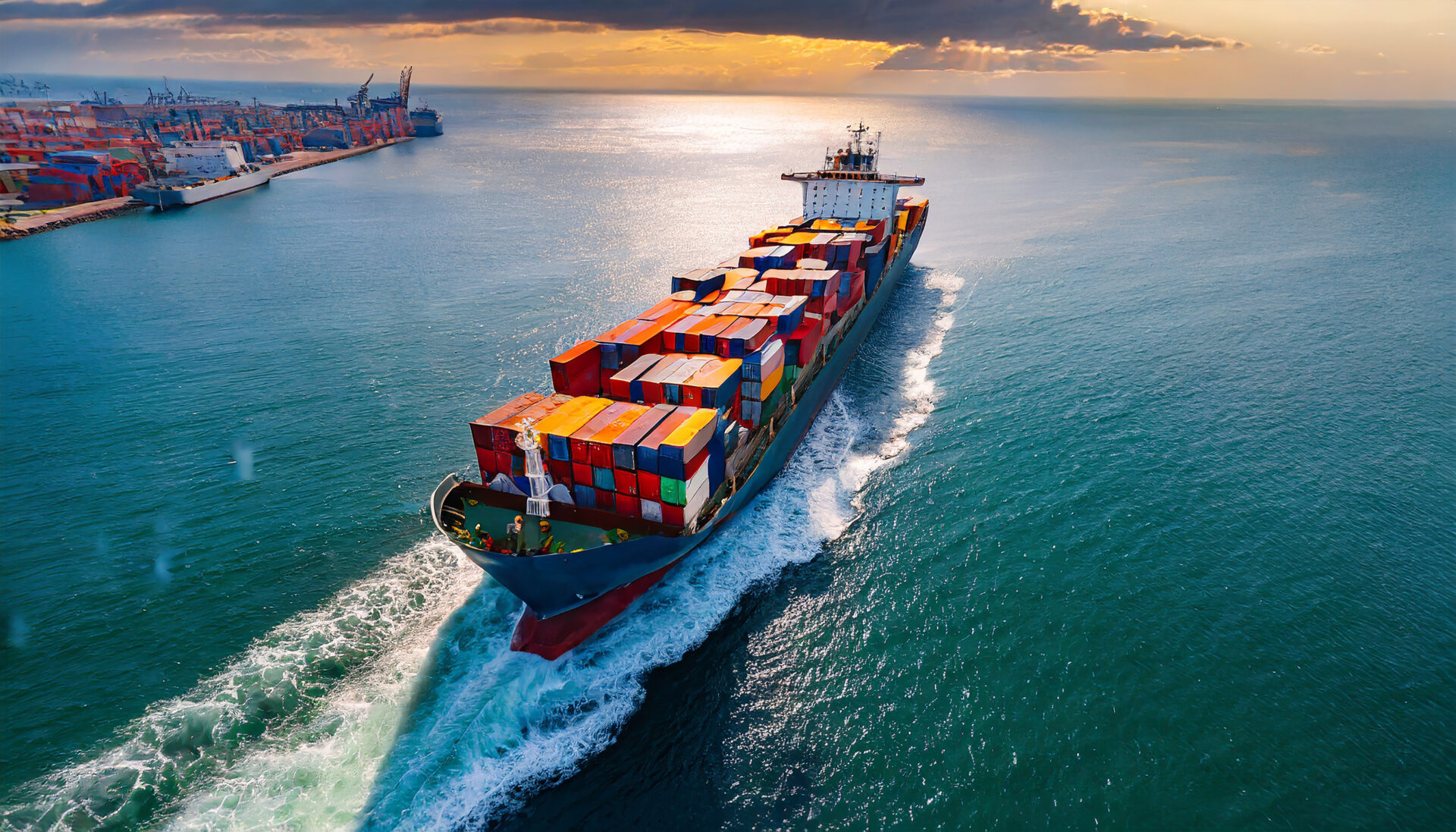In today’s interconnected world, international trade plays a vital role in driving economic growth and business expansion. However, navigating the complexities of trade regulations is crucial for any company engaged in importing or exporting goods. These rules, set by governments and international organizations, are designed to ensure fair, legal, and safe trade practices across borders.
What Are Trade Regulations?
Trade regulations are laws and standards governing the exchange of goods and services between countries. These include tariffs, import/export restrictions, documentation requirements, product standards, labeling rules, and more. They help protect consumers, promote fair competition, and uphold national interests.
Types of Trade Regulations
- Tariffs and Duties:
Taxes imposed on imported goods. These can affect the cost of doing business internationally. - Import/Export Licenses:
Certain products require government approval before they can be traded across borders. - Customs Regulations:
Rules concerning the inspection, classification, and valuation of goods during import/export. - Sanitary and Phytosanitary Measures (SPS):
Standards to ensure food safety and prevent the spread of pests or diseases. - Technical Barriers to Trade (TBT):
Standards for product labeling, packaging, and quality to protect consumers. - Trade Agreements:
Bilateral or multilateral deals like FTA, WTO rules, or regional trade agreements that facilitate easier trade between member countries.
Key Documentation in Trade
Proper documentation ensures a smooth customs process and legal compliance. Essential documents include:
- Commercial Invoice
- Bill of Lading/Air Waybill
- Packing List
- Certificate of Origin
- Import/Export License
- Insurance Certificate
Why Compliance Matters
Failing to comply with trade regulations can lead to:
- Delayed shipments
- Fines and penalties
- Confiscated goods
- Legal issues and damaged reputation
Compliance helps maintain credibility and ensures sustainable trade partnerships.
How Businesses Can Stay Compliant
- Stay Updated:
Monitor changes in international and local trade laws. - Work with Experts:
Collaborate with freight forwarders, customs brokers, and trade consultants. - Leverage Technology:
Use trade compliance software to track shipments, documents, and regulation updates. - Train Your Team:
Educate staff about trade laws, documentation, and export procedures.




